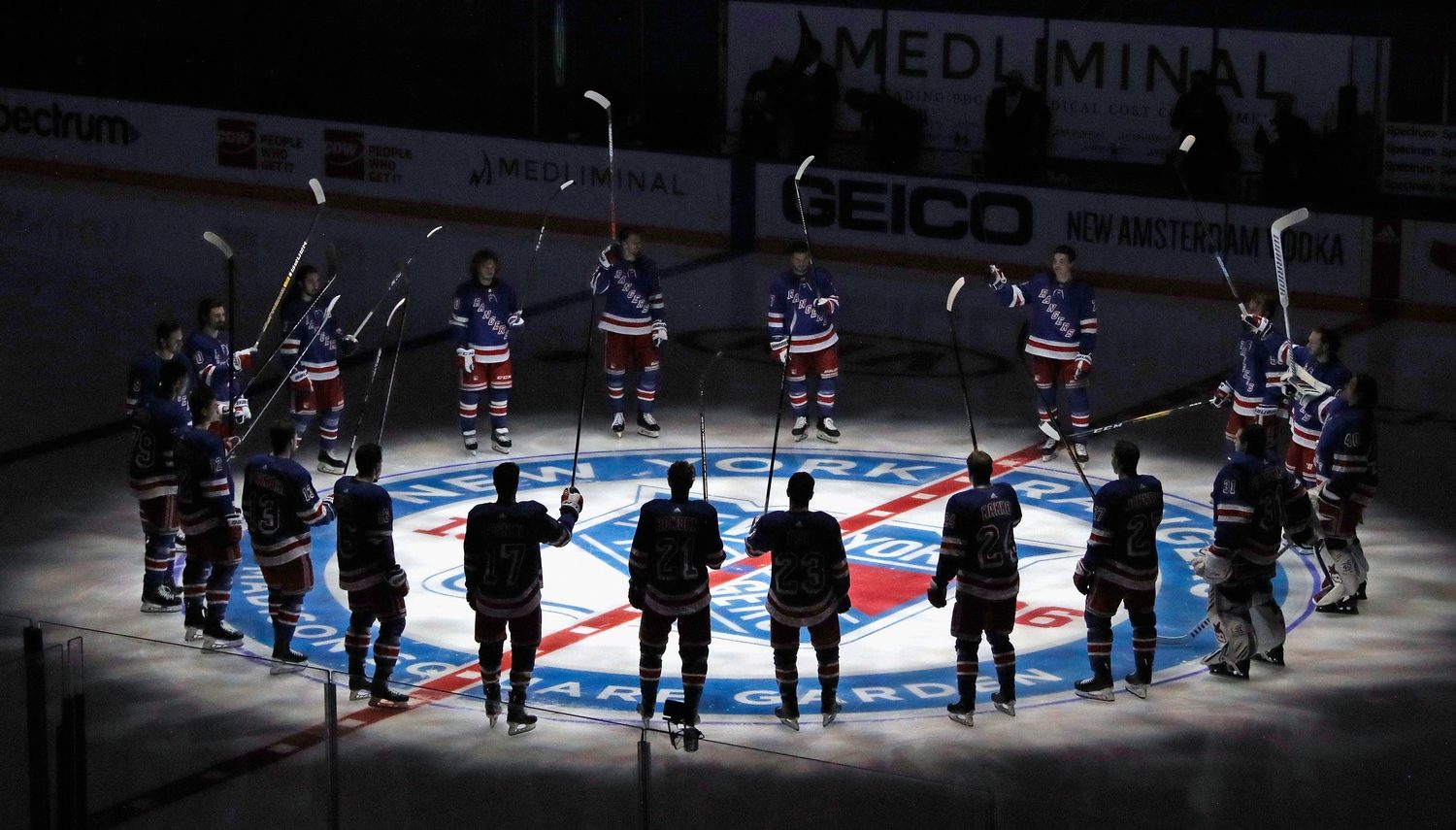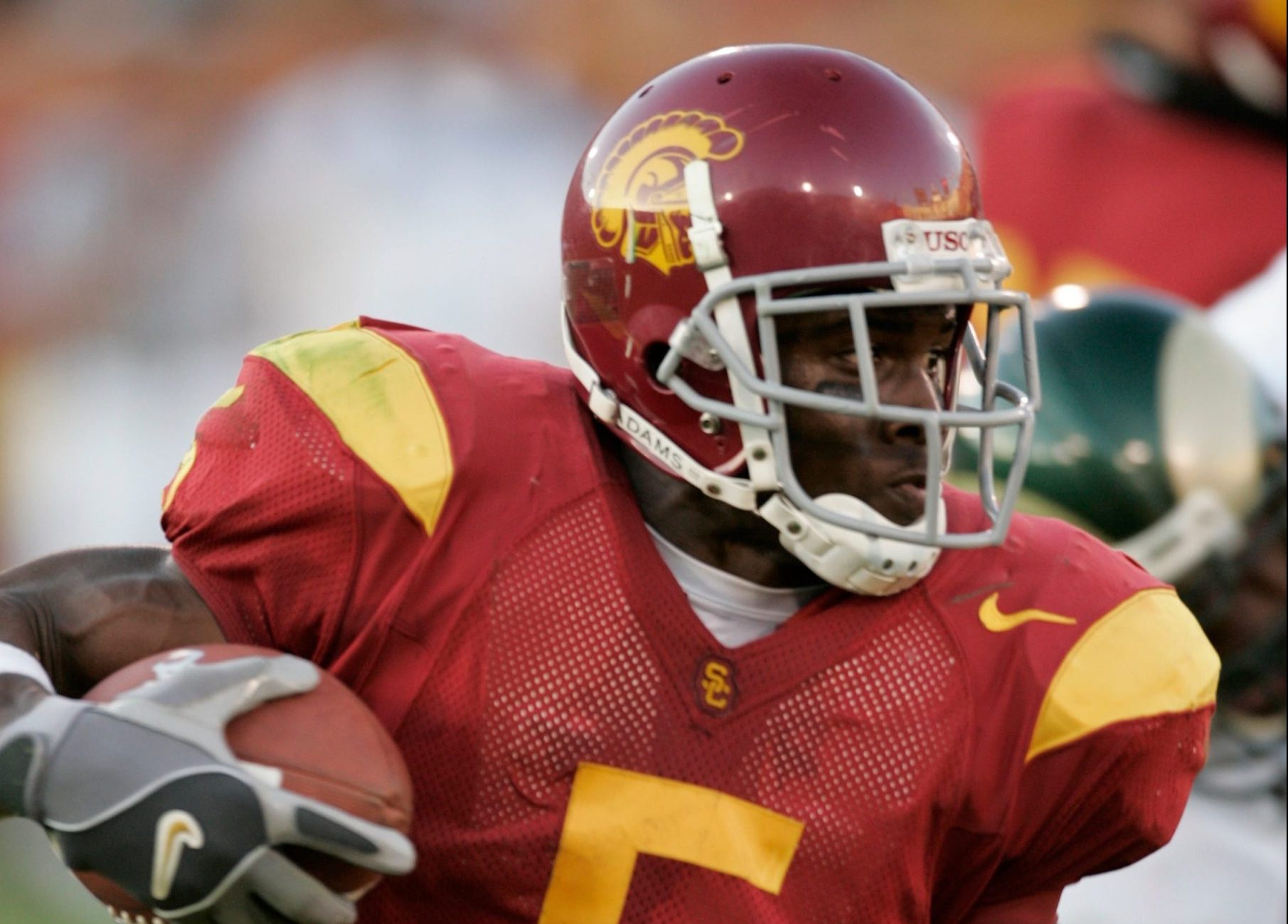On Monday, the game was changed when the U.S. Supreme Court voted to strike down a federal law prohibiting state-sanctioned sports betting. If they hurry, it’s presumed that someone could go to Atlantic City or their local New Jersey racetrack and place a bet on the NCAA Lacrosse championship game over Memorial Day Weekend. If the casinos and books don’t get set up in time, they’ll certainly be ready to start accepting bets on college football games come September. By then, other states could be ready to accept bets as well. It’s not hard to imagine that legal sports gambling will be available to you in every state within a few years.
The ripple effect on pro and college sports moving forward is going to be huge. While the pro leagues are prepared to handle this, with some already floating ideas of revenue generation around in-arena gambling, the politics around the college game is about to get even murkier. We’re already in a strange place where the NCAA and universities make billions of dollars off the blood and sweat of student-athletes receiving paltry forms of compensation by comparison. Now throw in the fact that millions of dollars will change hands every College Football Saturday and every day during March Madness, and it’s going to get much harder to claim that the system is fair.
That’s just one of a few looming questions and concerns surrounding college athletics and legalized sports betting. What else is bound to come up? Let’s look at the possibilities:
Ratings Are About To Go Up
Right now, you might notice that there’s a MACtion football game on ESPN2 on Wednesday and decide not to watch it. But if you’ve got $50 riding on the outcome of that showdown between Eastern Michigan and Toledo, all of a sudden you’ve got a vested interest to tune in.
As The Comeback’s Andrew Bucholtz pointed out in his post about the effect on sports broadcasting, sports that stand alone on the TV schedule are likely to see a boost in ratings as people give themselves more reasons to care about tuning in.
If there’s only one game in a sport on, it seems likely to get a ratings boost from gamblers who like to bet on that sport, and if there are more people gambling, that would seem likely to produce better ratings.
According to Nielsen research, the average non-betting NFL fan watches 15 to 16 games a year while the average betting NFL fan watches 45 to 50 games a year. Chances are, things are similar for college football as well.
Think of all those college football games scattered across your cable lineup each Saturday. Especially the ones that take place later in the day and into the night (Hello, Hawaii). You can expect ratings to rise because East Coast fans finally have a good reason to stay up later ($$$).
The NCAA Will Figure Out How To Cash In
The NCAA can talk whatever it wants about the integrity of the game and how much it hates the intrusion of shoe companies and beer brands, but the proof is in the pudding. Show companies run college football and college basketball, and every college game you’ve ever seen is sponsored in some way by alcohol. The only thing the NCAA hates more than student-athletes getting money is when outside interests make money without giving them a cut. There’s no way they’re going to look at sports betting and not demand a piece of that pie. Mark Emmert is going to have to jump through some insane hoops to justify this but we all know he’s going to.
Same with the College Football Playoff and bowl games, which will be more than happy encourage gambling to goose ratings. Don’t be surprised if this is the impetus to expand the CFP to eight teams, either. The financial pool just got a whole lot bigger than the people in charge of college athletics are jumping in cannonball-style.
Fears of a Point-Shaving Scandal Just Went Through the Roof
By not fairly compensating college football and basketball players, the NCAA and universities have always left the door open for corruption, cheating, and shady benefactors. Now, by burying their heads in the sand, they might just wander into serious gambling scandal territory.
When N.C. State athletic director Debbie Yow told the News & Observer, “I’m going to have to learn a lot more about gambling,” she’s not kidding because a whole lot of people who know gambling well are going to be looking for inside information and any kind of tip they can find in order to better their odds. That means trying to interact with athletes on social media, reaching out to students and their families, and even trying to embroil some of them in nefarious practices like point-shaving. If a player with nothing in his bank account gets offered $5,000 to miss a couple shots, it’s not unthinkable that they’d consider it, especially as they watch so many other people get rich off their efforts.
Do we really trust the NCAA to be able to police that? Of course not, so they either have to counteract the threat by offering better compensation or become the hardline watchdogs they pretend to be. One of those things is much easier than the other.
Las Vegas is About to Host Some Events
The NCAA has long steered clear of Las Vegas because of its connections to legal sports gambling. Now that it will be a moot point, Vegas is sure to be removed from whatever blacklist they’re on. That opens a whole slew of possibilities, including NCAA Tournament games. With the Raiders stadium on the way, there’s going to be a lot of voices calling for Vegas to host a College Football Playoff game or two as well. Given how well Las Vegas can handle an influx of tourists and treat them well, the NCAA would be silly not to start considering them. What difference does it make now if fans can bet on games from anywhere?
Las Vegas apparently submitted proposals to host a men’s basketball regional, a men’s ice hockey Frozen Four, and the national wrestling meet in coming years but has yet to hear back from the NCAA. They might just get a return call now.
This Could Be The Boost College Athletics Needs
It sounds crazy, but if legal betting will goose TV ratings and entice casual fans back into paying attention to college sports, perhaps that’s actually a good thing on some level? College football programs have been quietly concerned about sluggish attendance in recent years as people stop spending money on tickets and opt to stay home instead. Perhaps if they’ve got some money riding on the outcome, or can place a bet en route to the stadium, they might be more likely to show up and root on the home team (or whichever team they picked).
This might be true for secondary college sports as well. The same people who might not have considered attending a women’s basketball game or lacrosse game might end up getting in on the action because they’ve got some action going. We’re probably not talking about huge numbers, but given the competition for eyeballs, attention, and dollars these days, every little bit helps. Even if they stay home to watch the game, they’re still tuning in to watch something they wouldn’t have otherwise.




